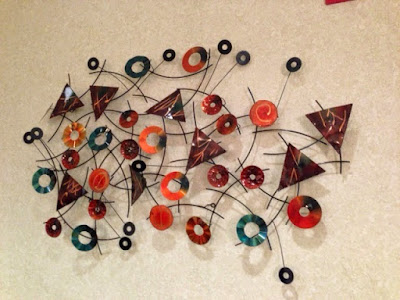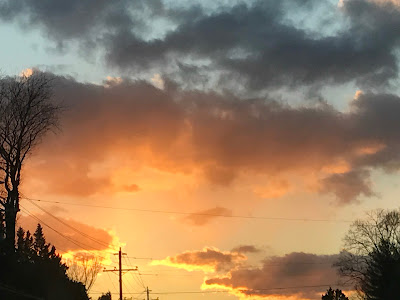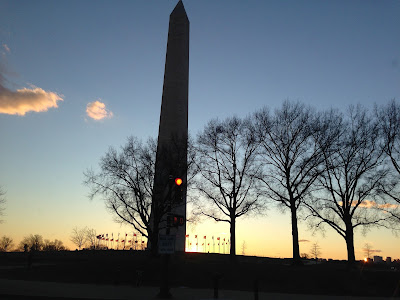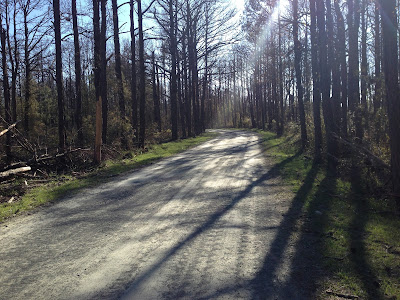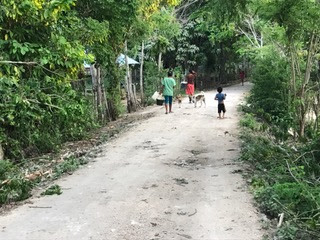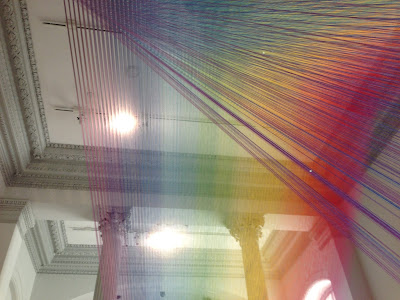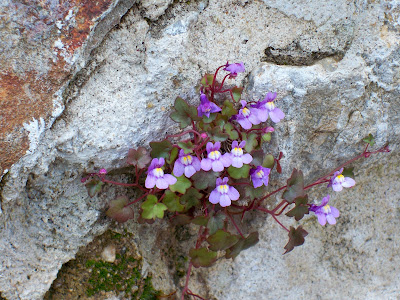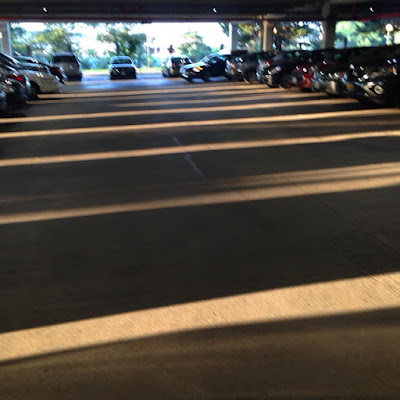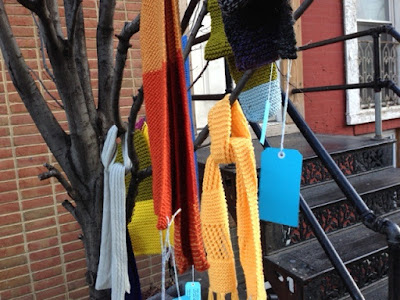Anatomy of a Headache
I am, unfortunately, headache-prone. I’ve learned to live with the dull aches and the sharp pains, with the early awakenings and the late nights. I don’t glorify these as migraines, but they can hang around for days. Sometimes they respond to ibuprofen and sometimes they don’t.
It’s a point of pride that I don’t give in to these headaches — but today I was wondering what it would be like if I did. Would I be one of those neurasthenic Victorian ladies, perfumed handkerchief and rose water, dabbing at my temples and wrists? Would I lie in a darkened room while someone (a Downton-Abbey-style ladies maid) brought me a cup of tea?
Not my style. But that doesn’t stop me from analyzing the headache, especially the one I have right now. Unlike the more typical vague throbbing, this one announced itself with a stab of pain between the eyes. I can pinpoint its arrival almost to the minute. It began sometime between 6:50 and 6:55 a.m., while turning right from Vale to Hunter Mill Road on my way to Metro and the office. One moment I didn’t have a headache, and the next moment I did.
Now I’m imagining another scenario: that the headache skedaddle as quickly as it came. I can almost feel it now: the pressure will vanish, the tightness will disappear. Ah, yes, I’m feeling better already.
